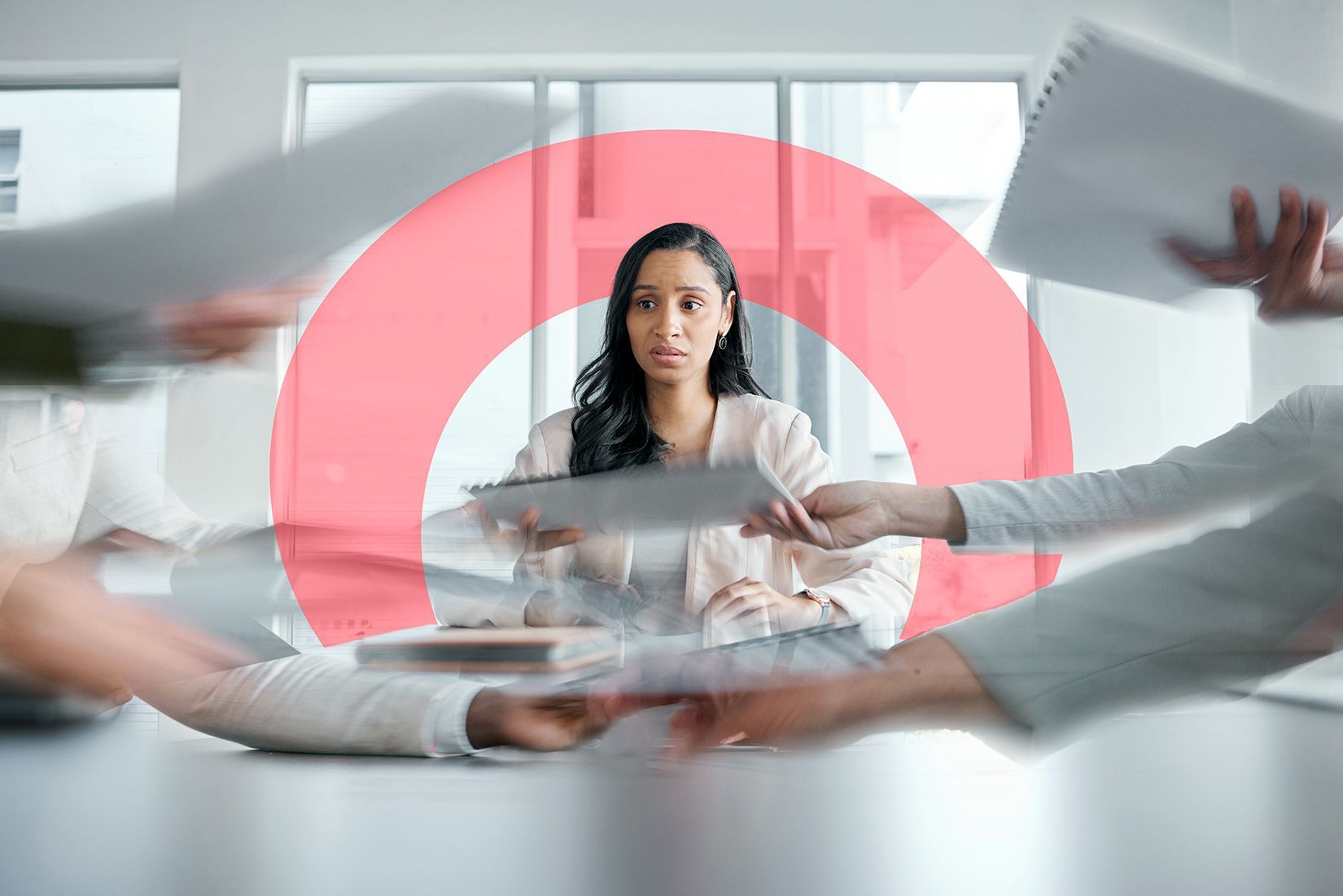Black Lives Matter (Selecting a Jury)
David Nikolich and Sue Liburd
We’re sure you don’t need reminding but almost a year ago on May 25, 2020, George Floyd, a 46-year-old black man, was killed in Minneapolis, Minnesota, while being arrested for allegedly using a counterfeit bill.
During the arrest, Derek Chauvin, a white police officer with the Minneapolis Police Department, knelt on Floyd's neck for about nine and a half minutes after he was handcuffed and lying face down. The world was shocked. Across the globe, people took to the streets in protest and outrage.
Chauvin, who posted $1million bail last October, now faces trial on second-degree murder and second-degree manslaughter charges.
Arguably, the hardest part of the trial may be selecting the jury. A pool of eligible local citizens has already been called to appear by Hennepin County in Minnesota. From them, a jury of 12 and four alternates will be selected, which itself could take weeks.
Although it is highly unlikely potential jurors will have no prior knowledge of the case, they will be questioned intensely to determine whether they will be able to set aside their opinions and consider evidence to judge Derek Chauvin fairly and without bias either way.
The prosecution and defence can both ask Judge Peter Cahill to dismiss a potential juror "for cause" if they perceive bias. The prosecution can also dismiss nine potential jurors - and the defence team 15 - without giving any reason.
The jury pool in Hennepin County was 80% white and 8% black in the financial year to September 2020, so that may impact the time it takes to reach a suitable selection.
The vetting system does try to ensure that a cross-section of society is represented, but at the same time, both defence and prosecution will be looking for jurors that will bring them a favourable outcome.
In general terms, legal experts say white jurors are less likely to convict law enforcement officials, although it is unclear how much of this has changed following the worldwide reaction to the Floyd case.
Although, the high-profile video of George Floyd's death brought an outpouring of anger in the US and beyond, securing a legal conviction will be another matter. Criminal Law experts are suggesting that it will be difficult to get a safe conviction despite the evidence at hand.
Every action has a reaction. Derek Chauvin’s actions caused George Floyd’s terminal reactions. So, we wonder how America and the whole world will react to the actions of the Jury if they decide a “not guilty” verdict?








